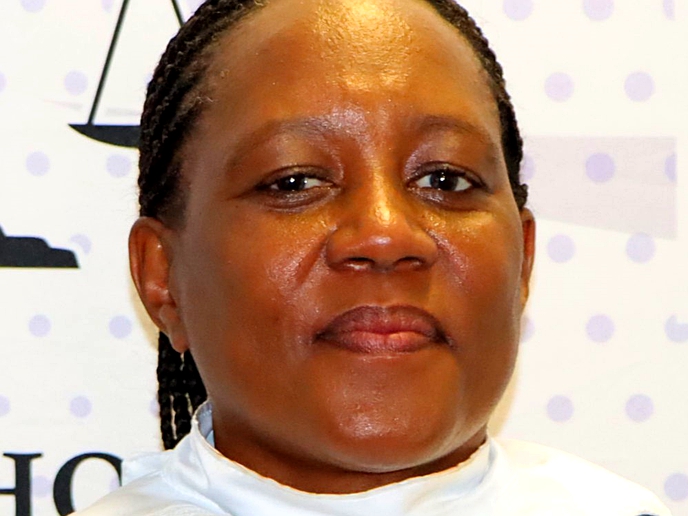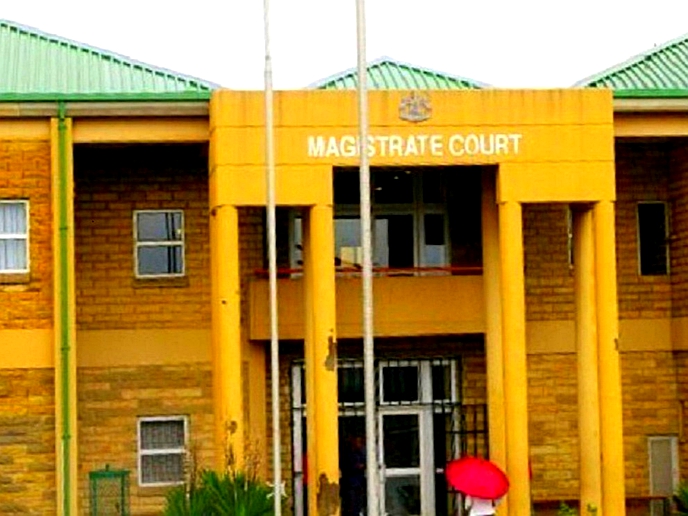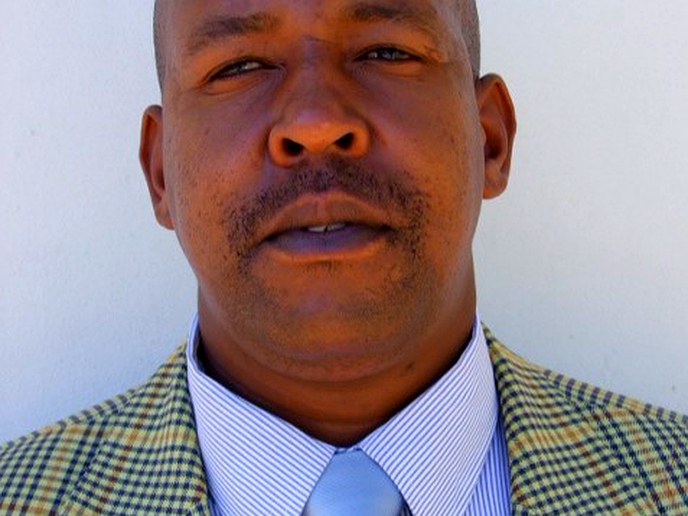A closer examination of this space may also reveal how difficult it could be for entirely new political entrants, and reveals the way South Africa’s structure was set up to make it almost impossible for the Lesotho bombshell to happen here.
news
Oct. 18, 2022
OWN CORRESPONDENT
5 min read
Matekane’s win may show the way to SA’s Patrice Motsepe
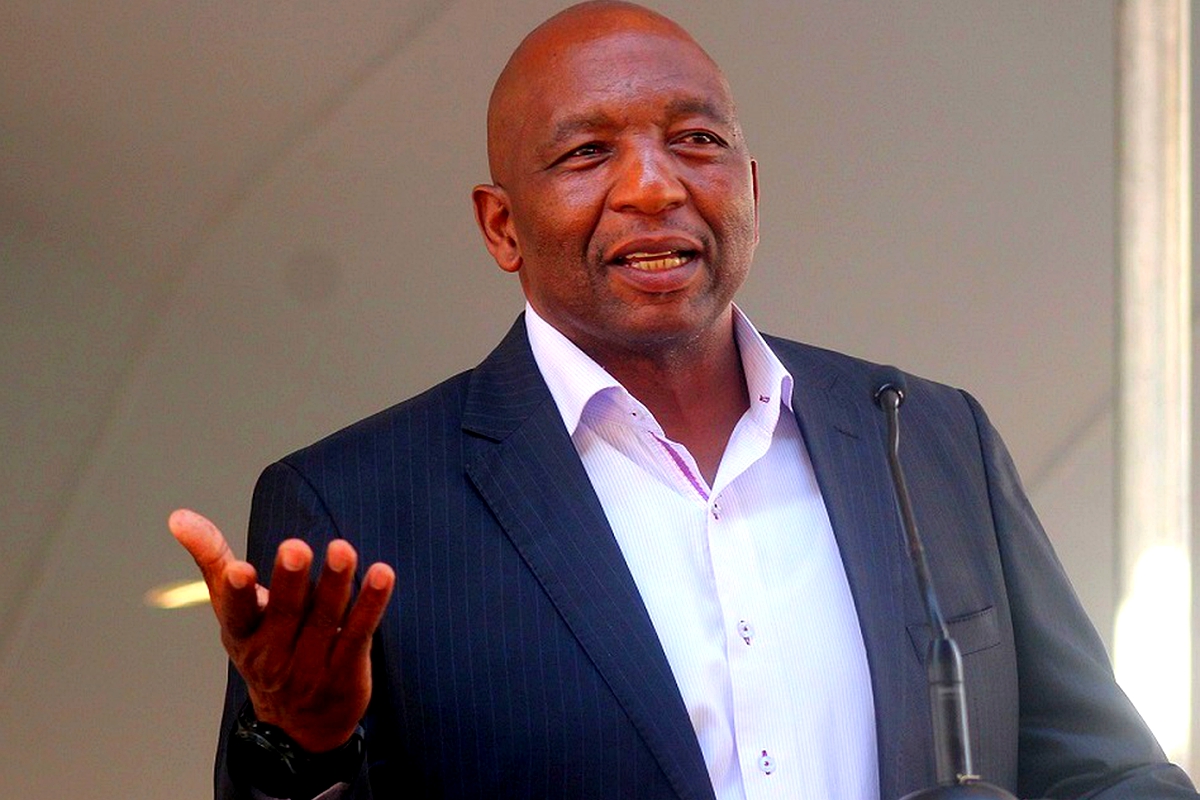
RFP leader, Sam Matekane
Story highlights
That said, it may be possible, under certain circumstances, for fundamental change to happen quite quickly in our politics.
It can sometimes be forgotten that we share many of our core social problems with other countries in southern Africa.
If it is the case that unemployment and youth unemployment are the two biggest long-term problems we face, those are also the biggest problems in Lesotho, Eswatini, Namibia, Botswana and Mozambique.
At the risk of oversimplifying the problem, all these countries have been unable to build an inclusive economy and provide enough income for most of their people.
Many have pointed out that a lack of resources is not really the problem. Perhaps the most recent is former deputy finance minister Mcebisi Jonas, who again over the weekend lamented the political crisis in which we find ourselves.
This makes the massive change in Lesotho interesting to watch, and to pose the question: could what happened there mean there will be a change in other countries too?
In Lesotho, the Revolution for Prosperity (FP) is now forming a government, after only seven months in existence. Obviously, the people really, really wanted real change.
The party itself says that this has all been about the economy, and the fact that people who used to govern simply failed, repeatedly, to create an inclusive economy. The change was in the air.
The story is more complicated than that, of course. The person who formed the party, Sam Matekane, is also the country’s biggest businessman.
He also happens to have made at least some of his money from government contracts, which suggests that he is not necessarily someone from outside the establishment.
In some ways, he may remind some, fairly or unfairly, of Patrice Motsepe, a man who has made large amounts of money and has strong links to the establishment, but is not a politician, for now.
There has also been subdued but persistent speculation that someone like Motsepe may one day enter politics. While he has never himself suggested as much, and it is unlikely that his brother-in-law would approve, the speculation nevertheless persists.
Meanwhile, there are some indications that what matters to voters in our country is changing.
Certainly, there is a hunger for jobs, and this hunger is growing intensely. It also appears that the power of the ANC’s role in the struggle is not as strong as it once was, and that the liberation dividend for the party has faded significantly.
The current anger at corruption within the party, and even the outrage over the benefits given to Cabinet ministers and deputy ministers suggests the ANC cannot rely on its history, not any more.
At the same time, the four biggest political parties in our Parliament all have roots in our politics during apartheid (the ANC led the struggle, the DA emerged from the white opposition parties during that era, the EFF comes from the ANC and the IFP was formed in 1975).
All of this has created what Professor Steven Friedman has referred to as the “hole in our politics” which can be defined as ‘who do people who used to vote for the ANC vote for now’?
Several eager individuals have tried to jump into this hole. Some are new parties and some are breakaways from more established parties. But at least one is in fact the result of the frustration of one rich person, in Herman Mashaba’s Action SA.
But while he has made progress, and has not yet fought a national election, it does not appear that he will suddenly take over national power.
One of the key questions that is emerging is the importance of a country’s size.
South Africa is massive. Also massively complicated. It is made up of different nations, races and people who desire different things. Arguably the biggest dynamic over the past decade has been the emergence of what is often called identity politics.
However, what is really happening is maybe more complicated. In the years after apartheid, the biggest indicator of the way you would vote was how your race had been defined during that time; now other elements are coming to the fore.
It may now be that your language group, or age, or whether you live in a rural or urban area is becoming a more important element of your identity.
This may make it harder for any one person, or any one group of people, to make a major change in our politics.
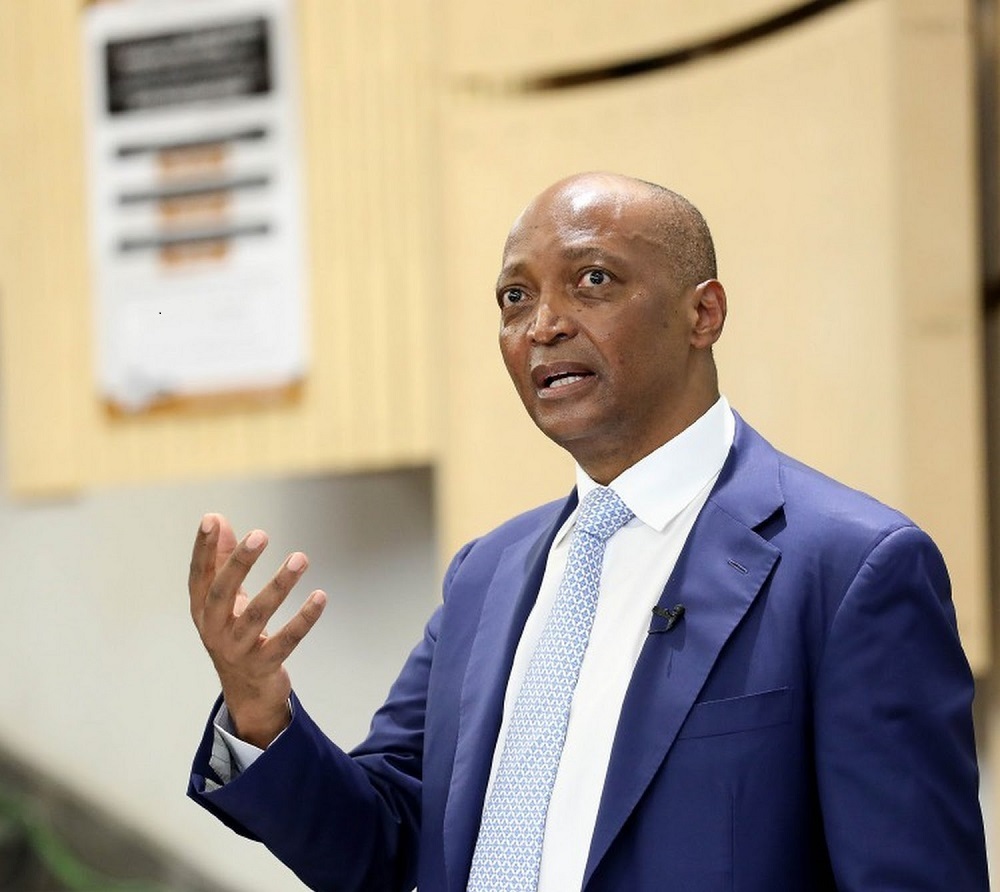
SA billionaire, Patrice Motsepe
Enjoy our daily newsletter from today
Access exclusive newsletters, along with previews of new media releases.
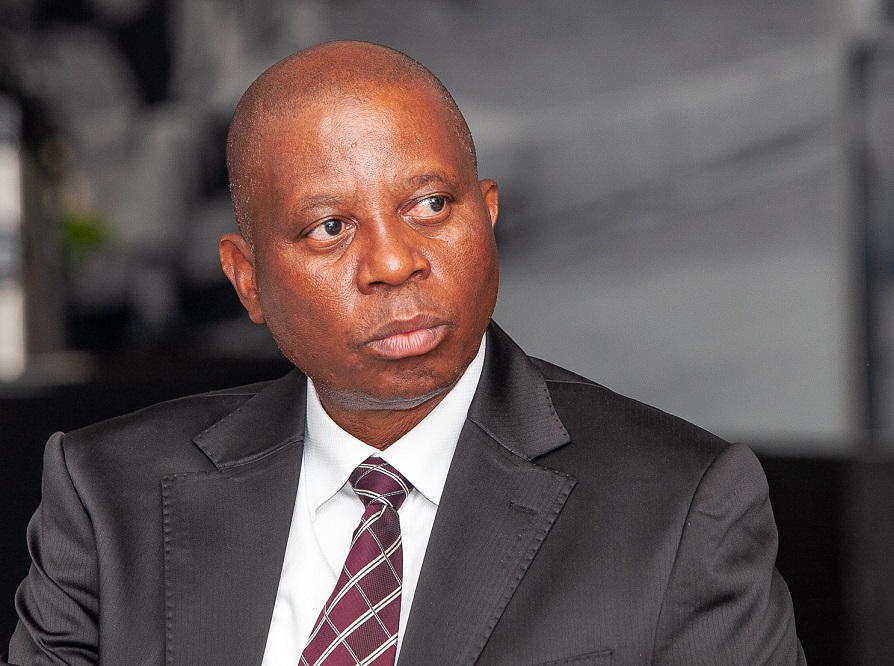
SA politician, Herman Mashaba
At the same time, the structure of our political system may also mitigate against real change. In South Africa, if there was a change of power in the national government, that does not mean that all the provinces would necessarily change hands. And the provinces would still have constitutional authority over schools and hospitals, two of the services which matter the most to people.
It is likely that one of the important features of the next few years in our politics is more disputes in the relationship between provinces and national government. Any new movement trying to take over national power would probably have to deal with ANC governments in several provinces.
All of this does not mean that fundamental change is impossible, it just means that it is difficult, especially for a party that would be anchored around a single personality, even one as well-known and influential as Patrice Motsepe is in South Africa.
Mind you, it would be easy to see many voters finding certain coalitions attractive. For example, if someone with resources (in other words… Patrice Motsepe-like) were to launch an almost apolitical platform, and to promise a technocratic approach, they may well make some progress.
One could imagine a person promising to make the country’s top health expert Minister of Health, and a person of known probity and ability Finance Minister, with a politically neutral expert Minister of Police, and so on.
If they were able to convince voters that they could bring an end to what appears to be the endless cycle of patronage and would prioritise service delivery above everything, this could well lead to them receiving broad support from different constituencies. That newly built coalition may turn out to be a game changer.
But it would have to be someone — or a group of people — with name recognition and who are actually believed by voters. Patrice Motsepe may just believe he fits that profile.
There are many reasons why it would be very difficult to make major change happen in our country quickly. But it should never be forgotten that change is not impossible. Lesotho has just shown the way. DM
Tailored for you



